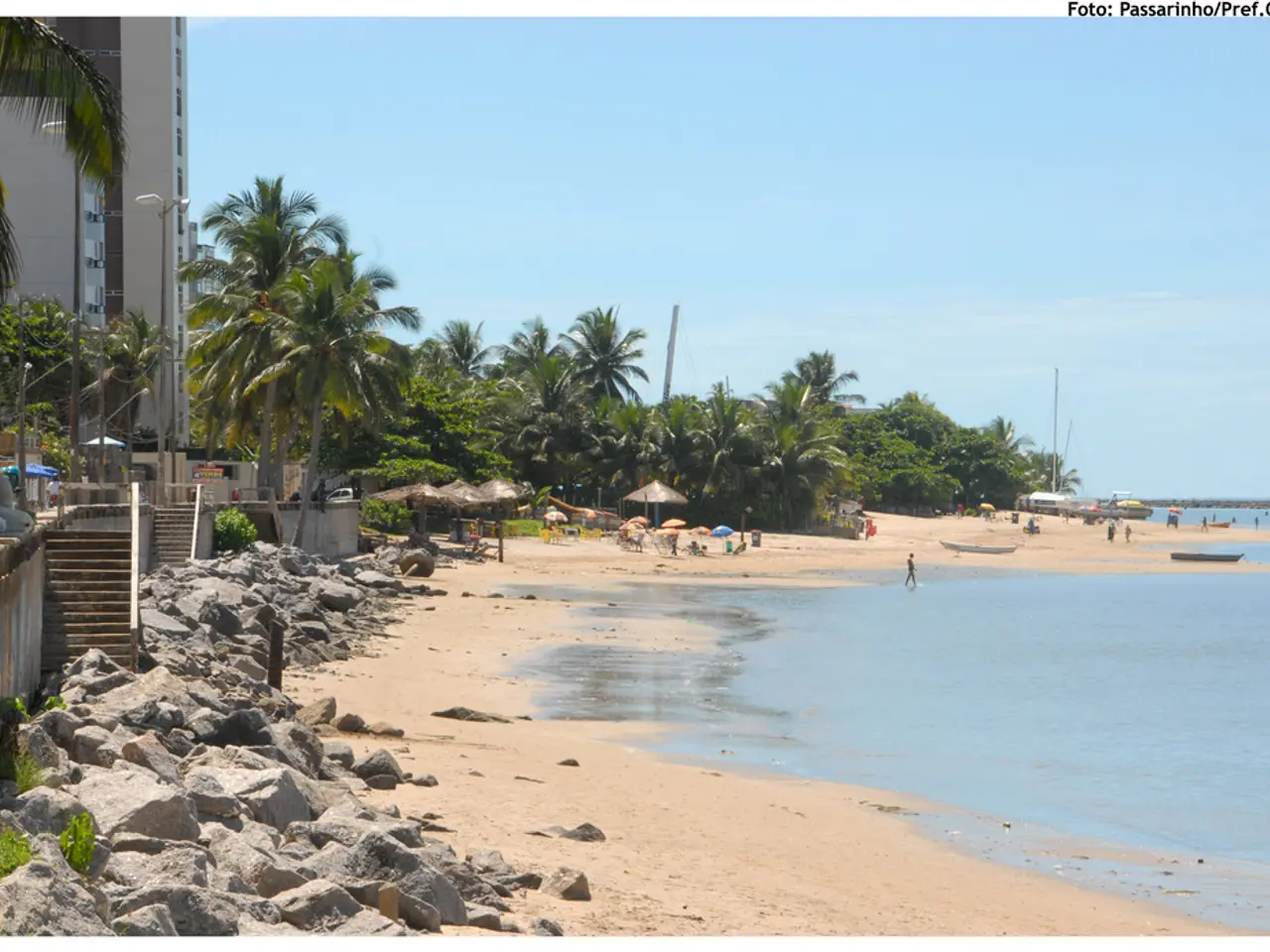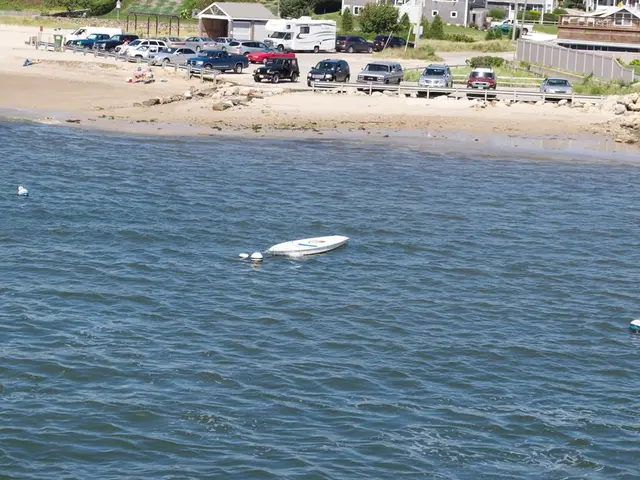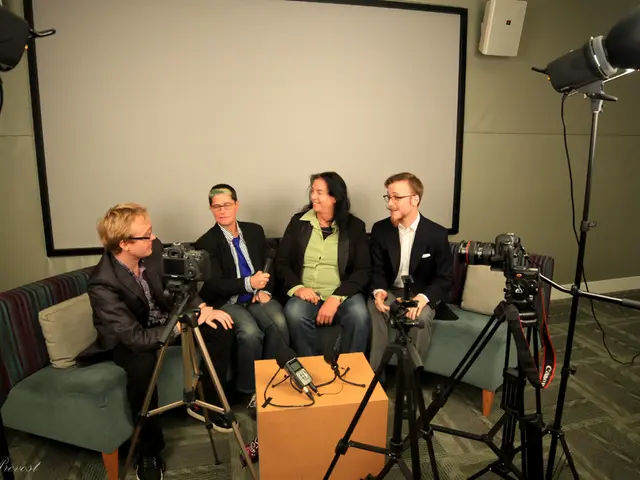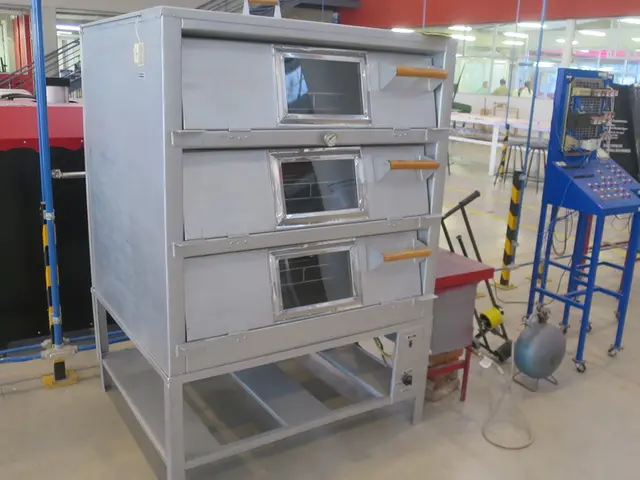High Cost Beach Access: Enjoying Lebanon's Coastline Comes with a Pricey Ticket
Beirut, Lebanon, a city known for its vibrant culture and stunning Mediterranean coastline, is facing a growing issue with public beach access and water quality. Many families find themselves unable to afford the high costs associated with private beach clubs, leaving them with no choice but to bathe at polluted locations.
The economic crisis in Lebanon, which began at the end of 2019, has severely affected the average population. The country's long-standing economic woes have led to a situation where most coastal areas in Beirut are controlled by private clubs or properties charging significant fees, making it unaffordable for many locals.
According to Mohammed Ajub, director of the NGO Nahnoo, around 80% of Lebanon's coastline is not freely accessible. This high privatization leaves only about 40 kilometers of coastline theoretically public, but often polluted and poorly maintained.
The sea along Beirut’s coast is considered heavily polluted, with wastewater often discharged directly into the sea and garbage dumped on shores. This pollution drives many people to prefer swimming in private pools rather than the sea itself.
In addition to the pollution, the lack of a well-developed public transportation network in Lebanon makes a beach day a luxury for many families. The city's approximately two million residents have little green space and a five-kilometer-long promenade adorned with palm trees along the sea.
Visitors to these beach clubs are offered an umbrella, lounger, and a pool to swim in. However, the average entrance fee to private beach clubs in Beirut ranges between 17 and 25 euros during the week, and up to 51 euros on weekends. Some venues require minimum spends around $80 per person.
Political roadblocks in Lebanon are preventing the completion of crucial infrastructure projects, according to Nadim Faradschalla. This includes improvements to the condition of the beaches or securing more public access.
This year, water levels in Lebanon are as low as they've been in a long time. The CNRS research institute strongly advises against swimming at Ramlet al-Baida, one of the few public accesses to the sea in Beirut, due to very strong bacterial pollution. The water at Ramlet al-Baida is almost nowhere else in the country as polluted, according to the institute.
The economic and financial crisis in Lebanon, coupled with the lack of political will, is creating significant social equity and environmental challenges. As the city experiences summer temperatures around 40 degrees Celsius and humidity close to 60 percent, the call for clean and accessible public beaches grows louder.
[1] Al Jazeera. (2021, July 21). Lebanon's Beirut: A city of contrasts and contradictions. Retrieved from https://www.aljazeera.com/news/2021/7/21/lebanon-s-beirut-a-city-of-contrasts-and-contradictions [3] The Guardian. (2021, July 29). Beirut's beaches are a playground for the wealthy, leaving Lebanon's poorest with nowhere to bathe. Retrieved from https://www.theguardian.com/world/2021/jul/29/beiruts-beaches-are-a-playground-for-the-wealthy-leaving-lebanons-poorest-with-nowhere-to-bathe [5] The New Arab. (2021, August 10). Lebanon’s beaches: A playground for the wealthy, a nightmare for the poor. Retrieved from https://www.alaraby.co.uk/english/features/2021/8/10/lebanon-s-beaches-a-playground-for-the-wealthy-a-nightmare-for-the-poor








